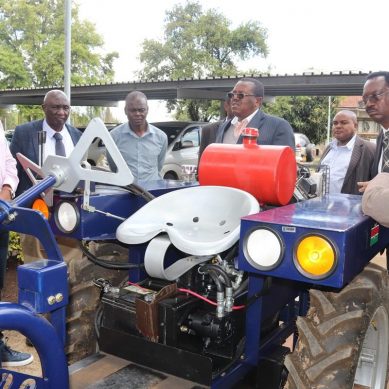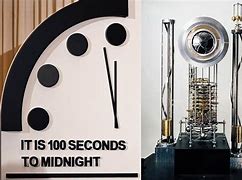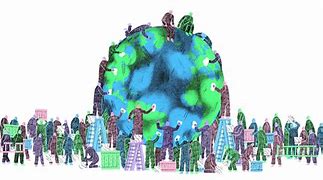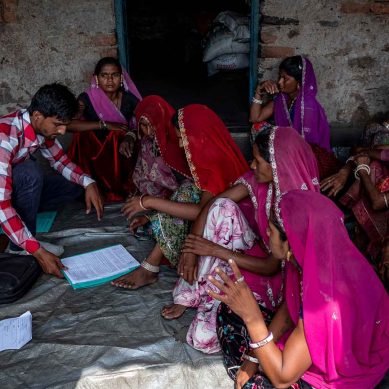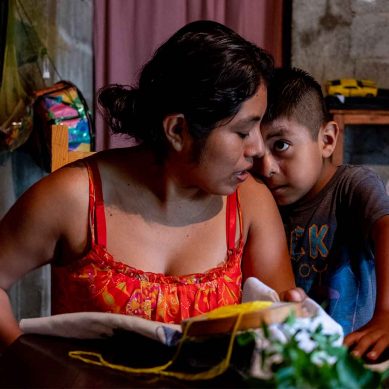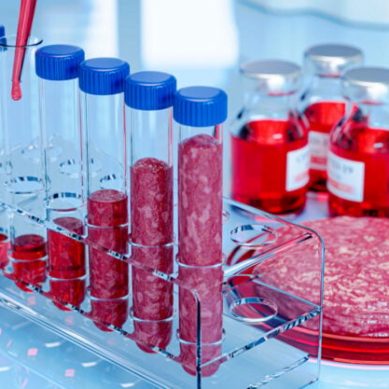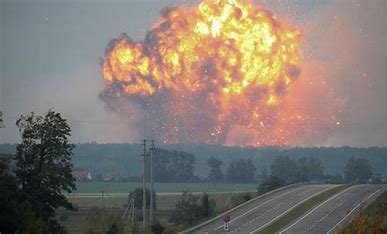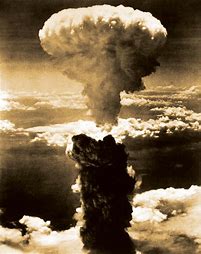Doomsday Clock: How human error in 1995 led to resetting of nuclear clock, deadly nukes fear
By 1949, as the Cold War heated up and the Soviet Union got the bomb, the hands on that clock were moved to three minutes to midnight, code for distinctly too close! As the Bulletin of the Atomic Scientists wrote after Russia exploded its first nuclear device, “We think that Americans have reason to be deeply alarmed and prepare for grave decisions.”
In times marked by mass extinction, global pandemics and climate change, the future isn’t what it used to be
Between 2019 and 2028, the United States is on track to spend at least $494 billion or about $50 billion a year on its nuclear forces, according to a Congressional Budget Office assessment
New UN report highlights how greenhouse gas emissions rose from 2010 and marred economies
scientists of the United Nations Intergovernmental Panel on Climate Change (IPCC) issued their first report in 1990. Only recently, they put out their sixth and latest assessment, a “final warning” on the state of the planet – and the news was anything but good. Yes, some progress had been made...
In countries where men migrate abroad for jobs, parents view them as ideal matches for their daughters
In several of the countries The New Humanitarian reported from – including among Adivasi Indigenous communities in southern Rajasthan, India – parents often view men who have migrated as favourable matches for their daughters. Many Adivasi men go to work in the Indian state of Gujarat. “My father met my...
Reporters’ diary: Walking in steps of women who stay when husbands migrate in search of livelihoods
Most of the time, to write about migration means telling the stories of people who move: those forced from their homes by natural disasters, conflict, violence or the effects of climate change, or so fed up with limited economic opportunities, corruption and bad governance that the faint glint of possibility...
The Great Reset: Why consumers should keep off fake foods and focus on natural human nutrition
The fake food industry wants people to believe that products produced with precision fermentation are no different from other fermented foods, like kimchi and yogurt. But what they fail to disclose is that the most often used organism in precision fermentation is the common bacteria E. coli. The E. coli...
Projected growth of fake food industry to $3 trillion gives globalists power and control over human health
Fake food is predicted to become a $3 trillion market; consulting firm McKinsey & Company predicted that 60 per cent of all materials in the economy could be produced this way, including fake meat, fake milk and fake fat. Be on the lookout for industry buzzwords like precision fermentation, a...
How ChatGPT artificial intelligence chatbot can help decolonise aid, ease access to donor funding
A few years ago, I spent months helping to create materials to help local organisations navigate the overcomplicated global humanitarian system. Today, the same tools can be researched and drafted in mere minutes using ChatGPT. With a few back-and-forth exchanges, the artificial intelligence chatbot can quickly summarise funding opportunities for...
Holocaust: Be it actual war or potential nuclear catastrophe, it’s certainly looking mighty ugly right now
In my youth, atomic war was, culturally speaking, all around us. It was even in outer space, as in the 1955 film This Island Earth in which another planet goes up in a version of radioactive flames, scaring the living hell out of the 11-year-old Thomas M. Engelhardt. So, yes,...
Everywhere in our lives there lurks the possibility we might be next victims of nuclear wipe out
Indulge me for a moment. This is how “The Prophecy” in my 1962 high school yearbook began. It was written by some of my classmates in the year we graduated from Friends Seminary in New York City. “Being an historian, I am jotting down these notes out of habit, but...
